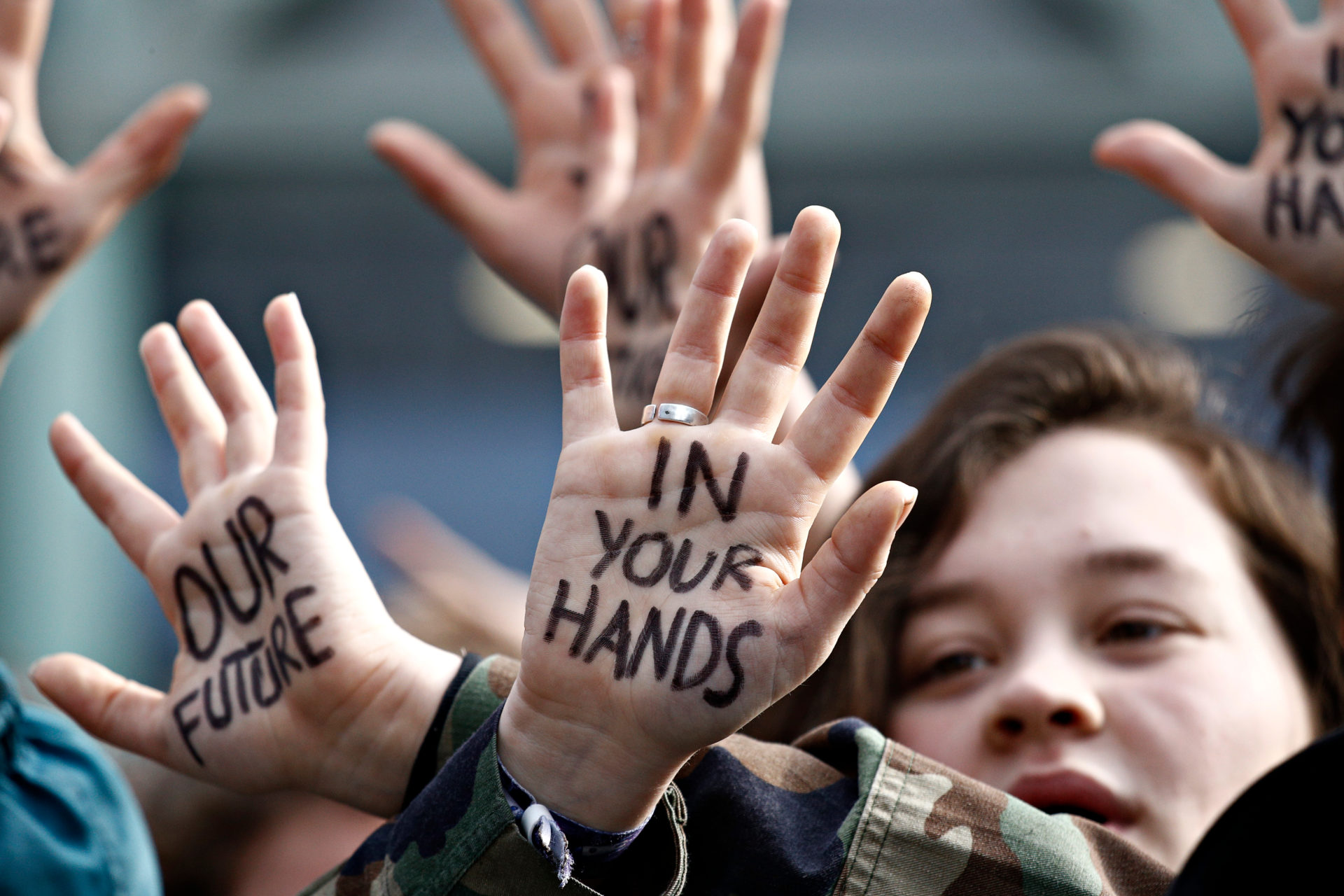Growing up in Kansas, I always knew I was different. At a young age, it was difficult to comprehend why my teachers, classmates and society in general looked at me as an outsider. As my friends spoke of spending time with their cousins, visiting grandparents and having fun with their aunts and uncles, the only concept of family I had was with my parents and brothers.
You see, I am the child of a Muslim man from Iran who married a white Catholic lady from Olathe, after they met while both enrolled at the University of Kansas. I am the product of a multicultural, multi-faith home. I am equal parts American and Iranian, Muslim and Catholic, white and brown, immigrant and indigenous. And I am proud of all that parts that make me whole.
Perhaps that is why I have struggled to come to terms with the reality that my extended family has seldom been afforded the opportunity to be a part of our lives in America. Inevitably, there come moments in everyone’s life that we envision sharing with our families: We always dream of celebrating weddings, the birth of children, graduations and other milestone moments with those closest to us.
There are countless moments in life in which the presence of our whole family is more than a wish — it is a need. From the happiest, most joyful times to the saddest and most difficult, the greatest thing about family is when they are there for us through the ups and downs of life.
Over the years, my grandmother, cousins, uncles and aunts on my father’s side of our family — all of whom live in Iran — have had to settle for pictures or videos that capture fragments of the milestone moments we wish to share, rather than being here in person to be part of these experiences.
Even though our overseas relatives were not able to attend my wedding or to be there for the birth of our children, my family and I had hopes last summer that they would be able to attend my brother Johan’s wedding.
We were hoping that another momentous occasion would not pass without the chance for my grandmother Zahra, who has been blessed to see my brothers and me grow from boys into men, to join us in making the memories of a lifetime — together, like any other American family would.
Then President Donald Trump began issuing his series of Muslim travel bans. Each time that the courts would block an executive order because of its unconstitutionality, another ban would be issued attempting to block the travel of people into the United States from certain countries — including Iran.
That is why I joined dozens of other American Muslims in the Sarsour v. Trump lawsuit last year.
I’m one of millions of American Muslims who are personally harmed by Trump’s unjustifiably narrow interpretation of “close familial relationship,” which excludes members of my extended family who are still banned from visiting us for any reason.
I’m one of the millions of people who believe in the American values of tolerance, respect and dignity. I work every day to protect the principles enshrined in the Constitution of the United States of America so that the promise of this country remains true for my sons, my descendants, and the whole of the community in this country that is my home.
By striking down the ban, the Supreme Court would help ensure that the promise of the Constitution will remain true for future generation of Americans.
Adam Soltani is executive director of the Oklahoma chapter of CAIR, the Council on American-Islamic Relations. He lives in Oklahoma City with his wife Victoria and two children.

